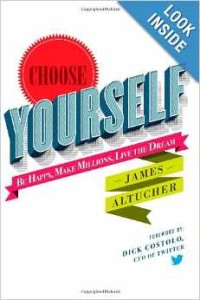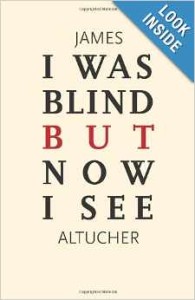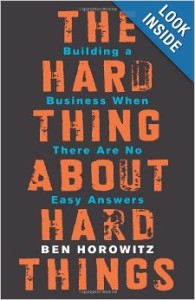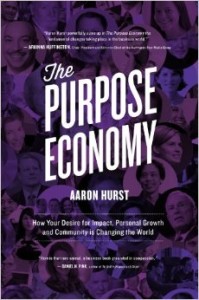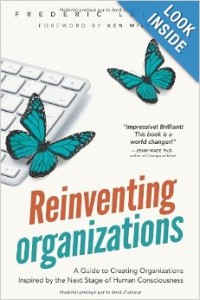
“Stop, Thief!” – Peter Linebaugh's New Collection of Essays
Reviewed by David Bollier
It is always refreshing to read Peter Linebaugh’s writings on the commons because he brings such rich historical perspectives to bear, revealing the commons as both strangely alien and utterly familiar. With the added kick that the commoning he describes actually happened, Linebaugh’s journeys into the commons leave readers outraged at enclosures of long ago and inspired to protect today's endangered commons.
This was my response, in any case, after reading Linebaugh’s latest book, Stop, Thief! The Commons, Enclosures and Resistance (Spectre/PM Press), which is a collection of fifteen chapters on many different aspects of the commons, mostly from history. The book starts out on a contemporary note by introducing “some principles of the commons” followed by “a primer on the commons and commoning” and a chapter on urban commoning. For readers new to Linebaugh, he is an historian at the University of Toledo, in Ohio, and the author of such memorable books as The Magna Carta Manifesto and The London Hanged.
Stop, Thief! is organized around a series of thematic sections that collect previously published essays and writings by Linebaugh. One section focuses on Karl Marx (“Charles Marks,” as he was recorded in British census records) and another on British enclosures and commoners (Luddites; William Morris; the Magna Carta; “enclosures from the bottom up”). A third section focuses on American commons (Thomas Paine; communism and commons) before concluding with three chapters on First Nations and commons.
Continue reading “Worth a Look: STOP THIEF: The Commons, Enclosures and Resistance”

